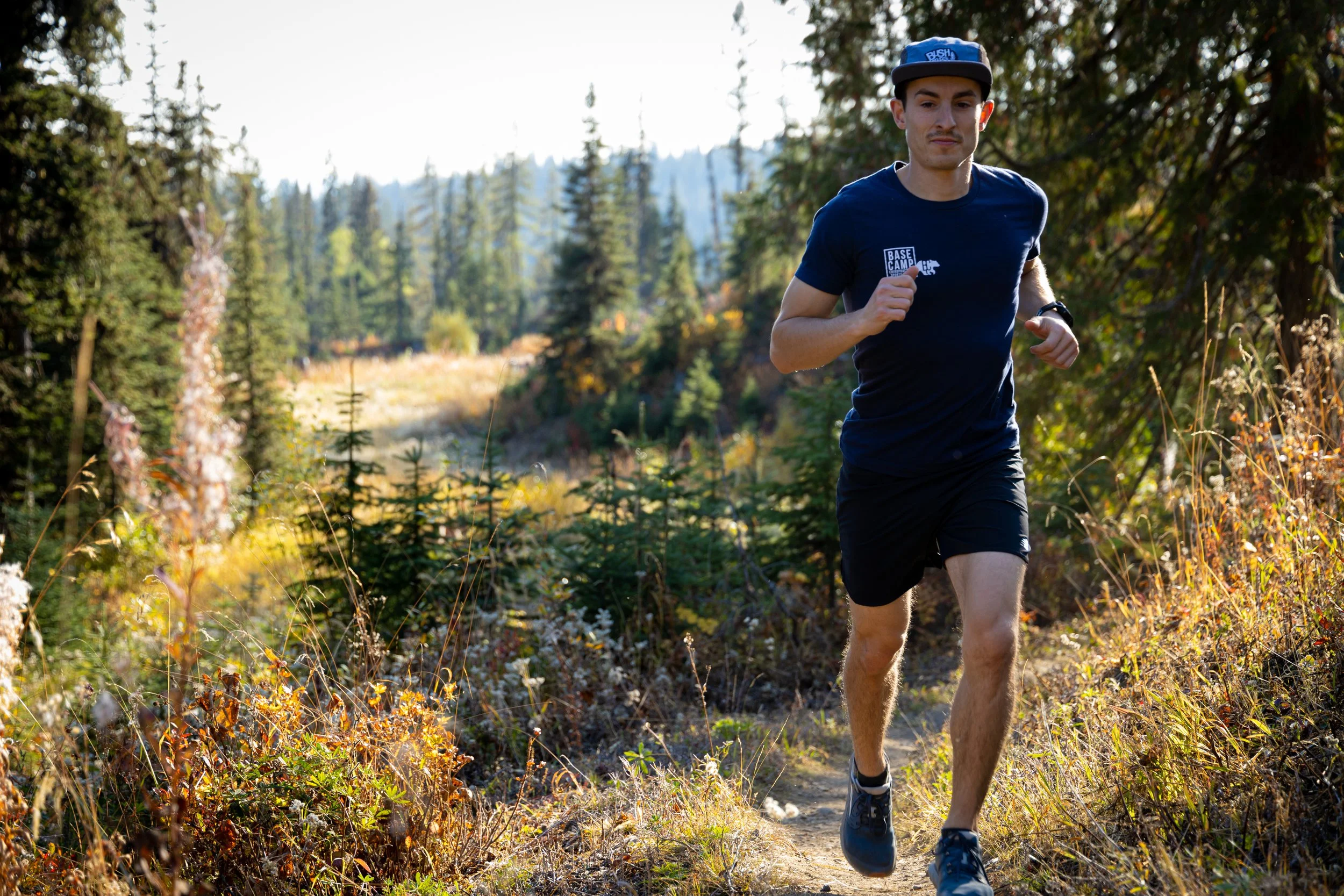3 things you need to know about pain
Everyone experiences pain at some point
It is part of the human existence. We all have to deal with it.
But there are many misconceptions about pain and injury out there. Some you learned from your doctor, others from social media, and some even from your mother.
Next time you are experiencing pain, keep these 3 things in mind:
1. You do not have to stop doing things when you are in pain
Inactivity is almost never the right way to handle pain. Every time I have a patient who has been told to use ‘bed rest’ and wait for the pain to go away. This is a recipe for disaster and just leads to deconditioning and less fitness.
2. when the pain goes away, it does not mean that you are completely healed
There are 3 phases of an injury.
Stage 1: Inflammation
Stage 2: Repair
Stage 3: Remodelling
Pain is often present and can be intense in stages 1 and 2, but completely absent in stage 3. It takes stress to properly heal from your injury, and for your body to truly be back to 100% and ready to take on your sport
3. Pain is not always equal to damage
There are THOUSANDS of things that contribute to the pain experience. But just because you have shoulder pain doesn’t mean that your rotator cuff is damaged, and just because you have lower back pain doesn’t mean that you have a bad lower back.
Pain happens when we cross over our ‘pain threshold’ and there are many things that can lower our threshold. Stress, lack of sleep, crappy nutrition, and tissue stress or damage can all lead to pain.
When to get an assessment
Not all pain should send you running for your doctor or an assessment. Sometimes pain is ok, and just a part of life.
You SHOULD get assessed if:
Pain is persistent for multiple weeks
Your pain is limiting you from doing what you love to do, or what you need to do
You have pain that radiates down your arms or legs
The pain doesn’t go away with medication or rest
You are AFRAID or CONCERNED about your symptoms. There is nothing wrong with getting checked out.
Author: Dr Mark Murdoch, Chiropractor and Co-Founder at Base Camp Chiropractic and Sports Rehab in Vernon, BC.
Mark Murdoch is a Doctor of Chiropractic with a Master’s Degree in Sports Medicine.
Contact: drmurdoch@basecampclinic.com
Book an Appointment with Dr Murdoch: book here
Instagram: Base.Camp.Doc




